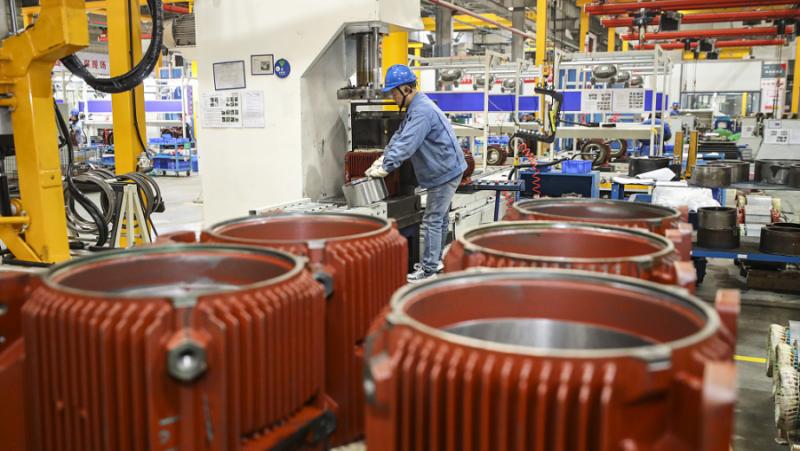Stress can have a negative impact on the progression of cancer. This is stated by a new American study, which shows exactly how detrimental stress can be for patients.
Scientists at the Cold Spring Harbor Laboratory in New York have discovered, through tests on lab rats with breast cancer, that chronic stress can significantly influence the course of a cancer patient’s disease. When the animals were placed under stress, the cancer was two to four times more likely to spread in the body.
Physical reactions
According to the scientists, stress would lead to the formation of ‘neutrophil extracellular traps’ or NETs, in which neutrophils release a web-like complex made up of DNA, histones and proteins from the intracellular granules. These NETs form part of our immune system and are normally responsible for removing micro-organisms from our body, but in this case they would facilitate the expansion of cancer cells. In addition, stress would suppress the functions of crucial immune cells and make the lungs more attractive to cancer cells.
According to the researchers, the study led to several conclusions. For example, they indicate that stress makes it easier for the cancer to spread, but that there is no evidence that stress is partly responsible for the cancer occurring in the first place.
Furthermore, the researchers realize that avoiding stress in cancer patients is very difficult. Therefore, according to them, it may be a better idea to develop drugs that target the processes that stress causes in our body in the case of cancer, such as NETs.

